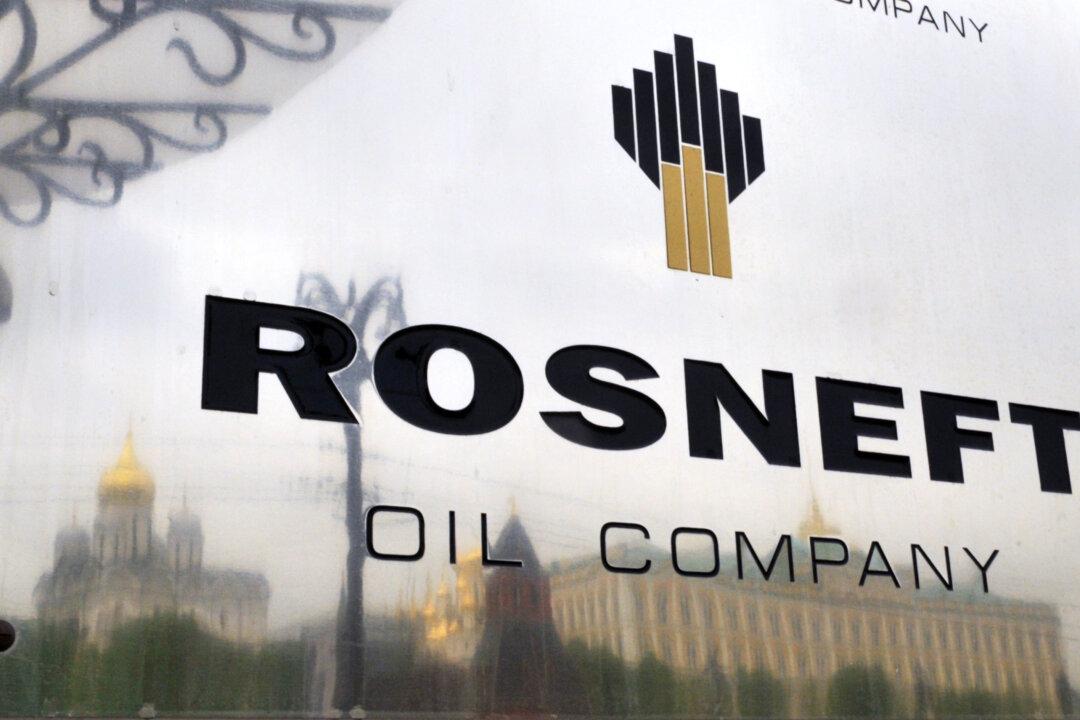Hackers have targeted the German subsidiary of the Russian state-controlled energy giant, Rosneft, Germany’s Federal Office for Information Security (BSI) said on March 14.
Anonymous, an online group of hackers that has previously targeted Russian media channels, published a statement on Friday claiming responsibility for the attack on Rosneft Deutschland GmbH.




